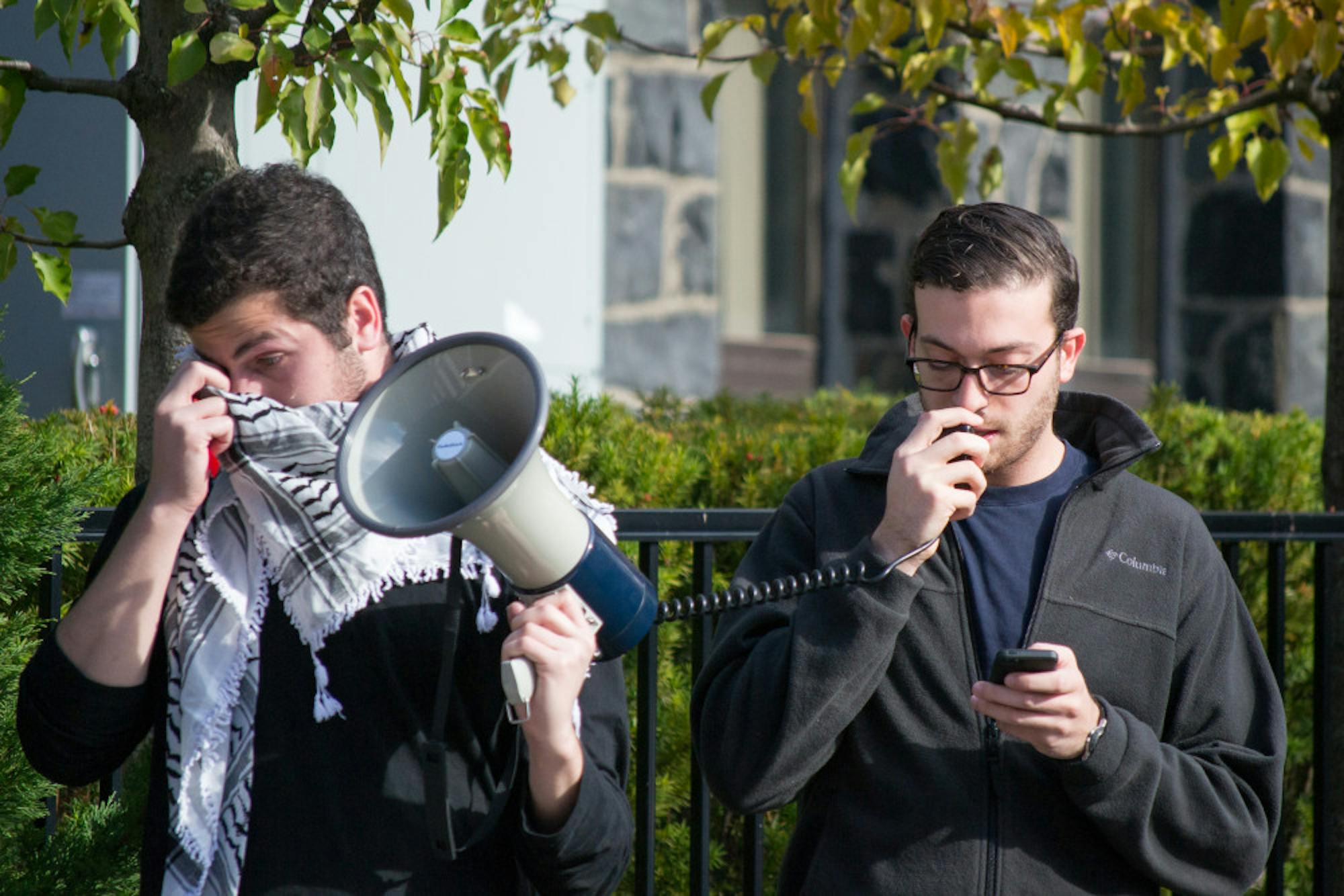Since its founding in 1852, Tufts has embraced a campus culture that encourages the free and unfettered exchange of ideas. It is what defines us as a university in pursuit of discovery and knowledge, and it is what prepares our students to take on the complex challenges of our times. We cannot have the benefits of education without being open to ideas that test us and sometimes make us uncomfortable.
Our own Declaration on Freedom of Expression at Tufts University, which the Board of Trustees approved in November 2009, states: “Without freedom of expression, community members cannot fully share their knowledge or test ideas on the anvil of open debate and criticism. Without freedom of inquiry, community members cannot search for new knowledge or challenge conventional wisdom.”
Academic freedom has been fundamental to American higher education since the early 20th century. It is essential not only to the teaching and research of our faculty, but also to the contributions they make to informed public debate on matters of consequence to our society.
Colleges and universities are also where young people can freely examine their own assumptions, beliefs and perceptions through a diversity of lenses and develop the critical thinking skills that will shape their personal and intellectual growth. It is our responsibility to offer and encourage opportunities for our students to debate and contemplate a gamut of opinions, ideas and viewpoints -- in classroom discussions and readings, in the laboratory, in our studios and performance halls and through the speakers and conferences we host on campus. These kinds of exchanges, both formal and informal, will help our students become active and engaged citizens of the world.
The seeds of social change are often sown on college campuses. University students at Tufts and elsewhere have been leading voices in the civil rights, environmental, labor, women’s and peace movements. Members of our community have challenged the administration, and each other, on social and political issues, most recently on fossil fuel divestment, sexual assault, international affairs and Tufts’ relations with its custodial staff and part-time faculty. I welcome and encourage these exchanges. With issues as complex as these, we cannot broaden our insights without a full airing of many viewpoints.
It is certainly not my expectation that every member of our community will embrace every perspective and every point of view. My hope is that these debates and discussions are civil and respectful and that we always engage in constructive dialogue, even though we may not always agree. Make no mistake, we will not tolerate speech or conduct that involves threats, intimidation or harassment or interferes with the rights of members of our community to participate in campus life. At the same time, we need to protect all points of view, no matter how unpopular or provocative, to advance our mission as an educational institution.
I have been deeply troubled by calls on our own and other university campuses to silence speech. At some institutions, commencement speakers have been denied the right to be heard.Here at Tufts, we have been urged by members of our own community, both on and off campus, to cancel programs and speakers. When debate is stifled, everyone loses.
I strongly believe that the best response to offensive speech is more speech. And I fervently defend the principles of academic freedom and the right of all members of this community to express their views on any issue. These principles are the foundation of Tufts University and all of modern American higher education.
Anthony P. Monaco has served as president of Tufts University since August 2011.
Free Speech on Tufts Campus

Tufts students protest Israel Defense Forces Legal Adviser Shamir-Borer’s Nov. 10 visit to campus.





